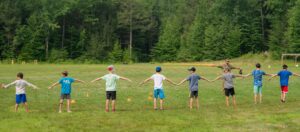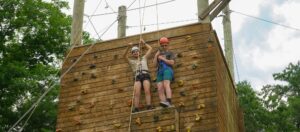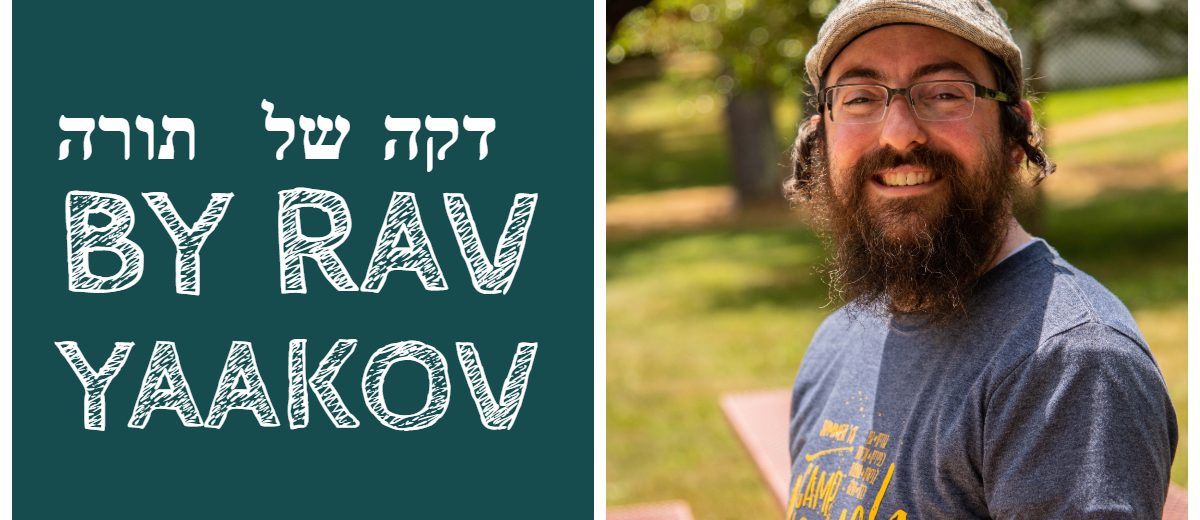Here, There, Everywhere
After fleeing from his home and his vengeful brother Esav at the end of last week’s parsha, Parshat Vayeitzei opens with Yaakov on his way to find refuge, and possibly marriage, at his cousins’ homestead in Haran. On the journey, Yaakov stops to sleep for the evening and famously has a dream in which he sees a vast ladder extending from Earth to heaven, with angels ascending and descending. Then, God appears in the dream, Yaakov’s first encounter with the divine that we know of. God promises to fulfill the covenant he made with Avraham and Yitzchak through Yaakov, making his descendants into a nation and protecting him wherever he goes. When Yaakov wakes up, his first words are, “God was in this place, and I did not know.”
What was this place? Interestingly, when Yaakov arrives there several verses earlier, the Torah refers to it as “Hamakom,” not just a place, but “the place.” Tradition tells us that this was the very same place that the binding of Yitzchak had occurred, and where the future Beit Hamikdash, temple in Jerusalem, would later be built.
Yaakov had stumbled upon a site that would not just be holy to the Jewish people, but that played a pivotal role in his own family. God wasn’t just saying “hi” to Yaakov in his dream — he was affirming that Yaakov had not risked his life and fled his home for nothing. He would indeed be the heir to God’s covenant with Avraham. Yaakov’s mother Rivkah was right, in the end. Yaakov sets forth from the place with a new sense of purpose and mission. And if it wasn’t for God revealing this to Yaakov in his dream, he would not even have known it.
The lesson for us today is clear: what “places” are we missing in our lives, as we rush through our days, that could hold the potential for holiness and connection? Where is God in our places, that we don’t yet know about?
Questions for the Shabbat table:
- Are there places where you feel Divinity or God’s presence, or where you simply feel particularly spiritual? Is camp such a place for you?
- While this parshah speaks of finding God in a physical “place”, what else could “hamakom” or “place” mean?




